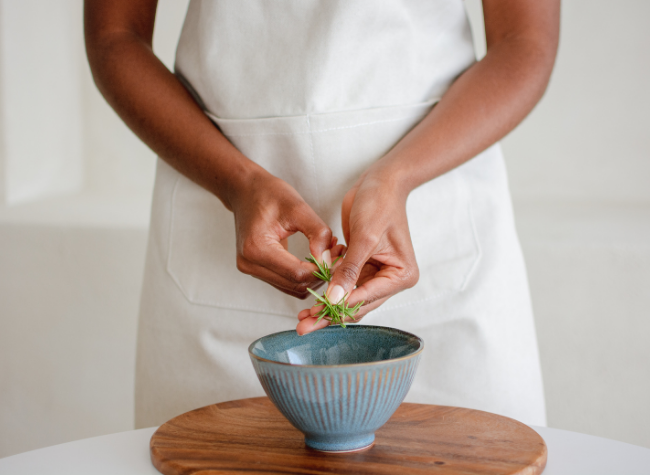Glutamine, Prebiotics, Bitter Herbs, and a Plant-Rich Diet
Your gut health plays a crucial role in your overall well-being. By focusing on specific nutrients and foods, you can support your digestive system and improve your health. Here’s a practical guide on how to heal your gut using glutamine, prebiotics, bitter herbs, and a diet rich in fruits and vegetables.
Glutamine
What It Is: Glutamine is an amino acid that helps repair and maintain the gut lining. It also supports the cells in your intestines and can help reduce inflammation.
How to Use It: You can find glutamine in foods like chicken, fish, eggs, and beans. For an extra boost, consider a glutamine supplement.
Here’s a short schedule for gradually implementing L-glutamine supplementation, building up to a total of 20 grams per day. Drink this first thing in the morning with water on an empty stomach for 3-5 months:
Week 1: Starting Dose
Days 1-3: Take 5 grams of L-glutamine once daily
Days 4-7: Increase to 5 grams of L-glutamine twice daily (morning and evening).
Week 2: Gradual Increase
Days 8-10: Take 5 grams of L-glutamine three times daily (morning, afternoon, and evening).
Days 11-14: Take 5 grams of L-glutamine four times daily.
Week 3: Reaching Target Dose
Days 15-16: Take 7 grams of L-glutamine three times daily.
Days 17-19: Take 8 grams of L-glutamine two times daily.
Days 20-22: Take 9 grams of L-glutamine two times daily. Days 23-25: Take 10 grams of L-glutamine two times daily.
Maintenance
After reaching 20 grams per day, continue with this dosage for the desired period, monitoring for any side effects or changes in symptoms.
Find it here on Amazon (not sponsored)
NOTE: Please consult your healthcare professional before starting a new supplement. Get in touch and we can help you finding out if this is the right step for you.
Prebiotics
What They Are: Prebiotics are non-digestible fibers that feed the good bacteria in your gut. They help balance your gut microbiome and improve digestion.
How to Use Them: Include foods like garlic, onions, bananas, asparagus and oats in your diet. These foods are rich in prebiotics and are easy to add to meals. For example, you can add bananas to your morning smoothie or include garlic and onions in your dinner recipes.
Bitter Herbs
What They Are: Bitter herbs stimulate digestive juices and improve digestion by signaling specific glands on the tongue. The most known example is Swedisch Bitter Herbs They can help with nutrient absorption and reduce bloating.
How to Use Them: You can take bitter herbs in the form of a tincture, preferably with no alcohol. Take them direcly after a meal as indicated on the bottle. Drinking a cup of dandelion tea before meals is also a simple way to incorporate them into your routine.
Find it here on Amazon (not sponsored)
Fruits and Vegetables
What They Are: Fruits and vegetables are packed with vitamins, minerals, and fiber. They support a healthy gut by promoting regular bowel movements and feeding beneficial bacteria.
How to Use Them: Aim to fill half your plate with a variety of colorful fruits and vegetables at each meal. Some easy options include adding berries to your breakfast, snacking on carrot sticks, or including a side salad with dinner.
Foods to Avoid
To optimize your gut health, try to avoid heavy foods that can disrupt digestion. These include:
- Milk, cheese, and yogurts
- Processed foods
- Bread / pasta – try glutenfree options
- Alcohol
- Limit coffee and try match instead
By focusing on gut-friendly foods and avoiding those that can cause issues, you can support your digestive health and overall well-being.
Practical Tips
- Meal Planning:Plan your meals around gut-friendly foods. Include a variety of fruits, vegetables, and lean proteins.
- Stay Hydrated:Drink plenty of water to support digestion.
- Mindful Eating:Chew your food well and eat slowly to aid digestion.
- Consult a Professional:If you have specific gut issues, consider consulting a healthcare provider for personalized advice.
By incorporating glutamine, prebiotics, bitter herbs, and a plant-rich diet into your routine, you can take significant steps toward healing your gut and improving your health.
If you want help guiding you through these steps, feel free to contact us. We would love to help!
Love,
Sam


